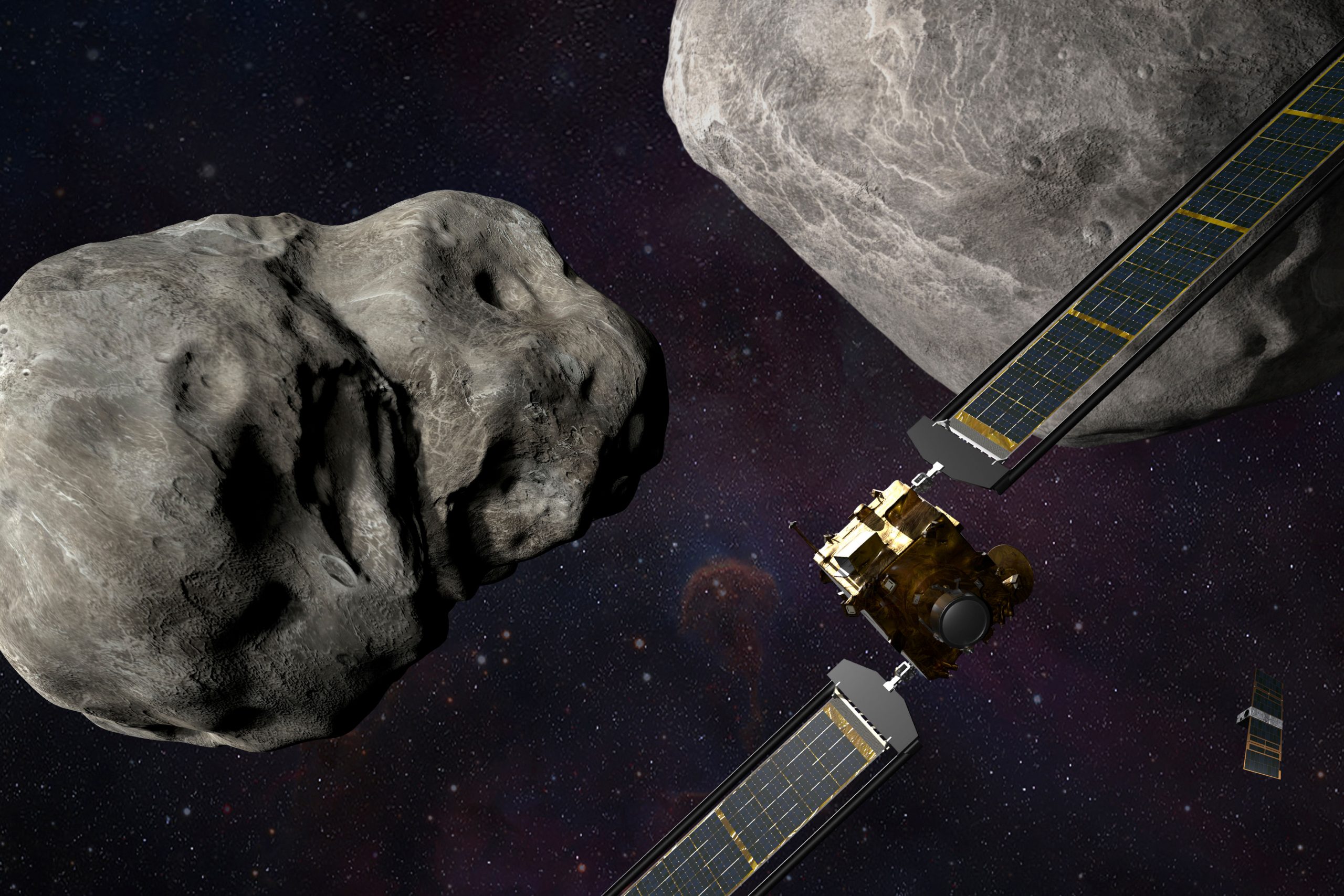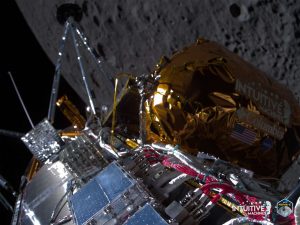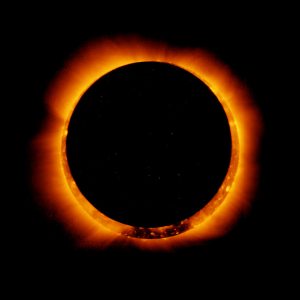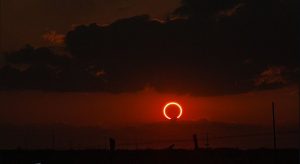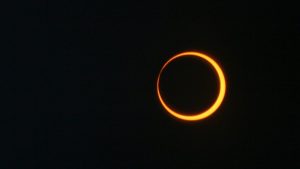NASA’s DART spacecraft will crash into asteroid Dimorphos, about 7 million miles from Earth on Monday. The mission is to prepare for a save-the-world from an asteroid strike situation, one of the first of its kind. The spacecraft is not designed to destroy the asteroid but only change its path.
Cameras and telescopes will watch the crash, but it will take days or even weeks to find out if it actually changed its orbit. The $325 million planetary defense test began with Dart’s launch last fall.
Also Read: NASA’s DART mission: Why is planetary defense important?
Here is a timeline of the DART (Double Asteroid Redirection Test) project:
June 23, 2017: The DART project was approved by the American space agency NASA. It was the first-ever mission to test kinetic impact as a way to deflect asteroids for planetary defense. The work on the project kickstarts.
April 12, 2019: SpaceX, a company owned by billionaire Elon Musk, was picked as the launch-service provider for the upcoming DART mission. The Falcon 9 rocket was chosen to take the DART spacecraft. The cost of the launch was estimated to be $69 million.
May 15, 2020: The Applied Physics Laboratory of Johns Hopkins University gets started on assembling the DART probe. The final tests of Didymos Reconnaissance and Asteroid Camera for Optical navigation, or simple DRACO, were also conducted.
February 18, 2021: A launch window for the DART mission was set between November 24, 2021 and February 15, 2022. The final date has not been set.
October 2, 2021: The spacecraft is brought to Vandenberg Space Force Base. Here it is loaded onto the Falcon 9 rocket of SpaceX and is nearly prepared for launch.
Also Read: DART mission: When and where to watch NASA’s asteroid collision project
November 24, 2021: The DART mission spacecraft lifts off from the base on board the SpaceX rocket. The launch time is noted to be 1:21 AM EDT.
September 26, 2022: After traveling for nearly 7 million miles over the last 10 months, the DART spacecraft braces for impact, which is scheduled at 7:14 PM EDT.

